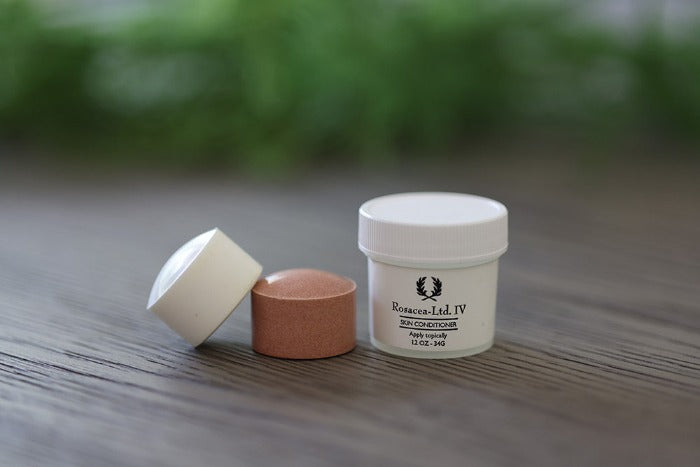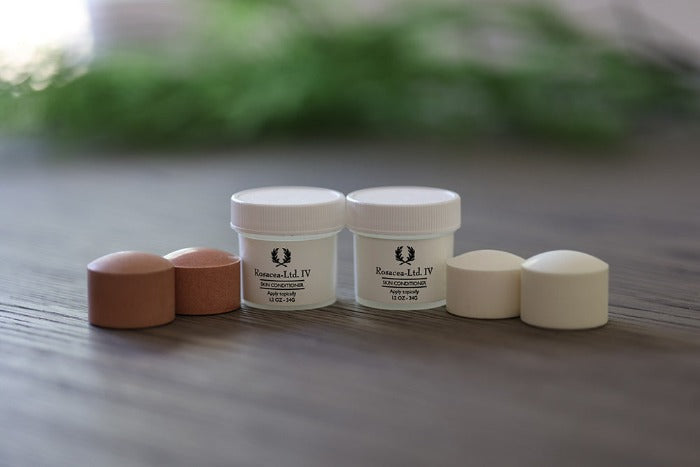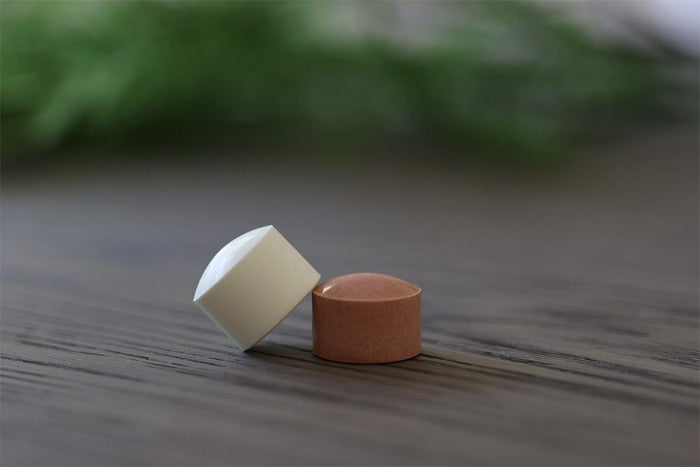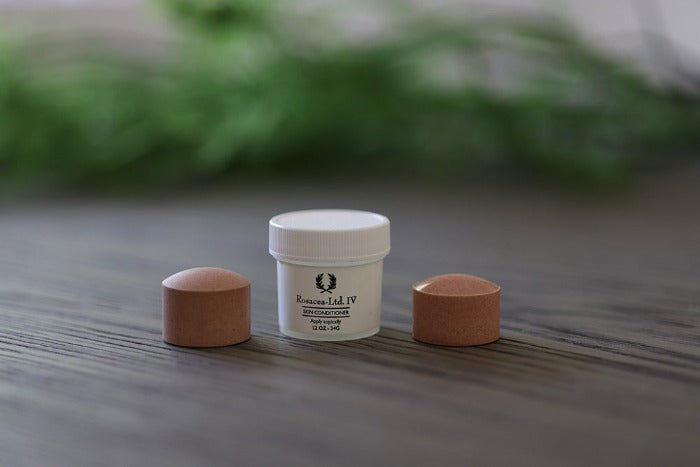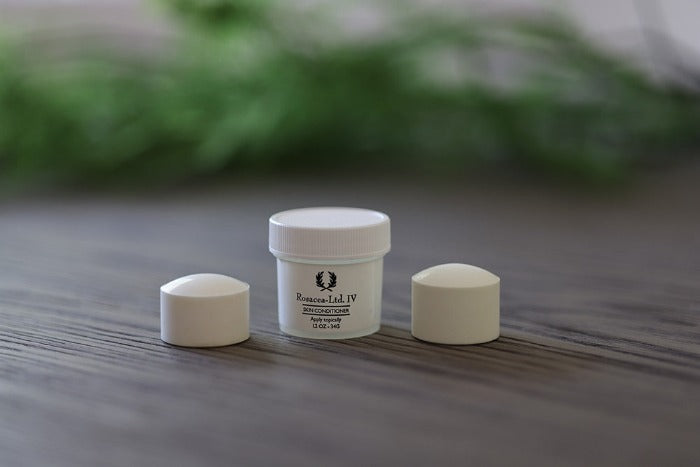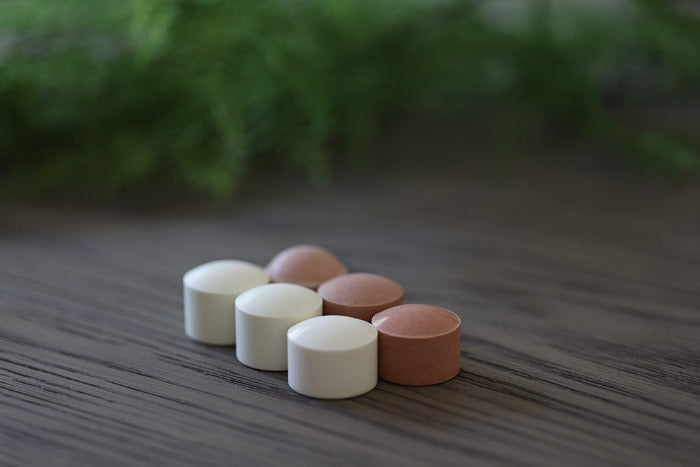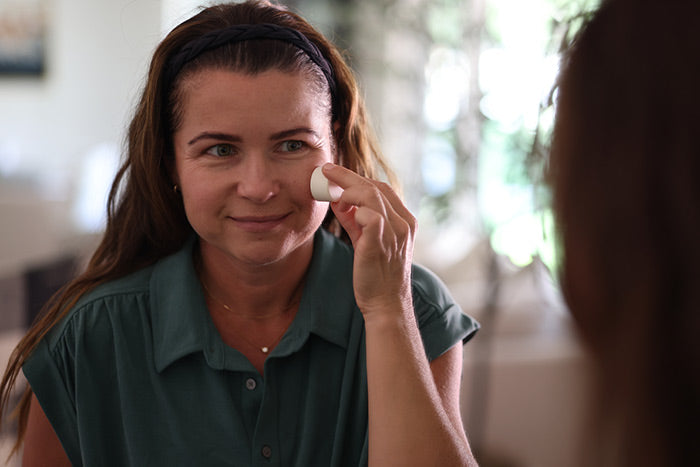Rosacea Diet

The rosacea alkaline diet is a general list of foods to eat. Most patients are unaware that acidic foods contribute to rosacea symptoms. The Rosacea Diet is for rosacea patients to learn the effects of diet on their rosacea symptoms, and which foods to avoid to minimize flushing. The Rosacea Diet is a list of common foods organized by their potential of hydrogen (pH). Hydrogen is the key element needed for new skin cell regeneration and is found most often in vegetables, fruits and water. Below you will find an explanation of the importance of acid/alkaline balance in the body and a list of acidic and alkaline foods to help you plan your rosacea diet.
Everyone knows that the body needs oxygen in order to live and to stay healthy. Rosacea sufferers have less oxygen and likewise usually less hydrogen thus the redness, blushing, and other rosacea symptoms. Alkaline water is the best and highest source as well as the cheapest and most abundant way to improve the body pH. However, foods are still very important for nutrients and proper calories to provide energy as water has no energy (0 calories,) but is the very best balancing agent and is most abundant.
Without hydrogen to combine with oxygen we wouldn’t have water. Oxygen burns hydrogen in the human body cells, releasing the energy that runs our bodies. Studies have shown that the human body stores hydrogen in its tissues. As we age, ’tissue hydrogen-depletion’ may lead to many of the symptoms of the aging process. This may cause sub-clinical dehydration since hydrogen may play a very major role in the hydrating of our body cells.
The body’s blood has a healthy pH (potential of hydrogen) range of 7.35 to 7.42 so if we are not within that range, then flushing or a redness of the skin will develop. Over a long range of time, our facial skin will age faster and look older if the proper alkaline nutrients are not consumed.
So as the blood pH drops, the rosacea patient begins to have a red face with a little more blushing at times and then progresses onward to the many symptoms of rosacea. This is caused simply by the lowering of the blood pH (without the bonding of ‘oxygen’ to the hydrogen atom with H2O) as we all need the oxygen. Hydrogen is the lightest element. It is by far the most abundant element in the universe and makes up about 90% of the universe by weight. Hydrogen as water (H2O) is absolutely essential to life and it is present in all organic compounds.
Rosacea diet guideline to follow
– Please consult a doctor before you start any type of diet.
- Drink plenty of water (rule of thumb is 8-12 eight ounce (2-3 liters) glasses of water)
- Eat more fruits and vegetables
- Eat a diet high in fiber, with plenty of raw or lightly steamed vegetables, and whole grains
- Make sure you are getting enough of the essential nutrients your body needs; supplements can be used
To reduce rosacea flare-ups through your food, these items should be avoided or at least minimize the effects through proper balance.
- Avoid dairy foods
- Avoid fried foods
- Avoid foods which cause flushing, e.g. hot drinks, spicy foods, and alcohol
- Avoid acid-forming foods e.g. grains and sugar
Please use the table below to learn about the Alkaline Food to be eaten in the green table to help improve your rosacea while reducing the intake of foods from the Acid Food listed in red table below. Adjust the intake by learning of the pH of your body urine with pH paper as your urine pH changes with the foods consumed.
Alkaline Food List
| Food/Category | ||||
|---|---|---|---|---|
| Spices/HerbsPreservativeBeverages/Sweeteners/Vinegars | SulfiteGinger TeaSucantUmeboshi Vinegar | Most HerbsGreen or Mu TeaRice SyrupApple Cider Vinegar | Spices/CinnamonKambuchaBlack Strap MolassesSoy Sauce | Sodium BicarbonateSea SaltMineral Water |
| Therapeutics | Blue Green Algae | Sake | Umboshi Plums | |
| Processed Dairy/Cow/Non-DairyGoat/Sheep | Ghee (clarilifed butter) | Almond Milk | ||
| Eggs | Duck Eggs | Quail Eggs | ||
| Meat/Game/Fish/Shell Fish | ||||
| Grains/Cereal/Grass | OatsGrain CoffeeQuinoa / Wild Rice /Japonica Rice | |||
| Nuts/Seeds/Sprouts/Oils | Most SeedsAvocado Oil / Coconut Oil / Linseed/Flax Oil | AlmondsSa same seed / SproutsCod Liver Oil / Primrose Oil | Cashews / ChestnutsPoppy Seed / Pepper Seed | Pumpkin SeedHydrogenated Oil |
| Beans/Vegetables/Legumes/Pulses/Roots/Citrus Fruits | Brussels SproutBeet / Chive / Cilantro / Celery / Okra / Turnip Greens / Lettuce / SquashesOrange / Apricot | Bell Pepper / Mushroom / Cauliflower / Cabbage / Egg Plant / Pumpkin / Collard GreensRutabaga / Ginseng / PotatoLemon / Pear | Parsnip / TaroBroccoli / Ginger Root / Mustard Green / Parsley / Asparagus / GarlicGrapefruit / Cantaloupe | LentilBroccoli Flower / Seaweed / Sea VegetablesOnion / Daikon / Taro Root / Burdock/ Lotus Root / Sweet Potato / Yams |
| Fruits | Banana / Blueberry / Pineapple Juice / Raisin / Grapes / Strawberry | Avocado / Apple / Blackberry / Cherry / Peach / Papaya | Honeydew / Citrus Olive / Dewberry / Loganberry / Mango | Lime / Nectarine / Persimmon/ Raspberry / Watermelon / Tangerine / Pineapple |
Acidic Food List
| Food/Category | Lowest Acid | Low Acid | High Acid | Highest Acid |
|---|---|---|---|---|
| Spices/Herbs/Preservative/Beverages/Sweeteners/Vinegars | CurryMSGKona CoffeeHoney / Maple SyrupRice Vinegar | VanillaBenzoateAlcohol / Black TeaSteviaBalsamic Vinegar | NutmegCoffeeAspartame / Sacchain | Pudding / Jam / JellyTable SaltBeerYeast / Hops / Malt / Sugar / CocoaWhite Vinegar |
| Therapeutics | Antihistamines | Psychotropic | Antibiotics | |
| Processed DairyCowNon-DairyGoat/Sheep | Cream/butterYogurtRice MilkGoat/Sheep cheese | Cow MilkAged cheeseSoy cheeseGoat Milk | Casein / Milk Protein / Cottage CheeseSoy Milk | Processed cheeseIce cream |
| Eggs | Chicken Eggs | |||
| MeatGameFish/Shell Fish | Gelatin/OrgansVensionFish | Lamb/MuttonBoar / ElkShell Fish / Mollusks | Pork/VealBearMussels / Squid | BeefPheasantLobster |
| Fowl | Wild Duck | Goose / Turkey | Chicken | |
| GrainsCerealGrass | TritcaleMillet / KashaBrown Rice | BuckwheatWheatWhite Rice | Maize / Barley GroatsRye / CornOat Bran | Barley |
| NutsSeeds/SproutsOils | Pine NutsPumpkin seed oil / Grape seed oil / Sunflower oil / Canola Oil | TapiocaAlmond oil / Sesame oil | Pistachio seedPecansChestnut Oil / Palm Kernel Oil | Walnuts / Brazil Nuts / HazelnutsCottonseed Oil |
| BeansVegetablesLegumesPulsesRootsCitrus Fruits | Fava Beans / Kidney Beans / Black-eyed peas / String Wax beansZucchini / Chutney / RhubarbSpinachCoconut / Guava | Pinto beans / White beans / Tempeh Navy / Red beans / Aduki Beans / Lima or mung beansChardPlum | ||
| Fruits | Pickled fruit / Dry fruit / Figs / Persimmon juice / Cherimoya / Dates | Prune / Tomatoes | Pomegranate |
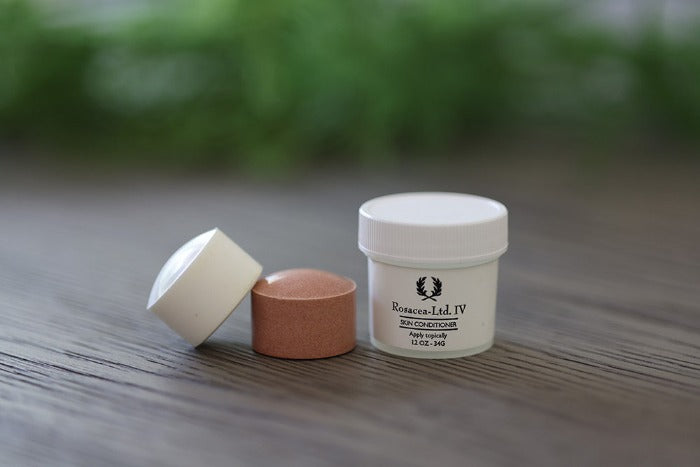
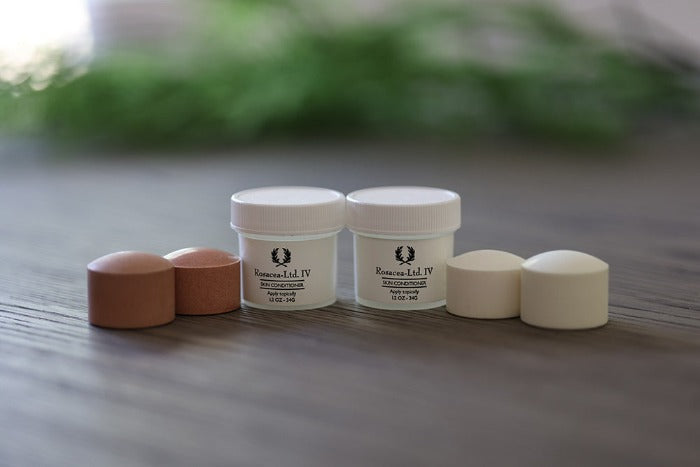
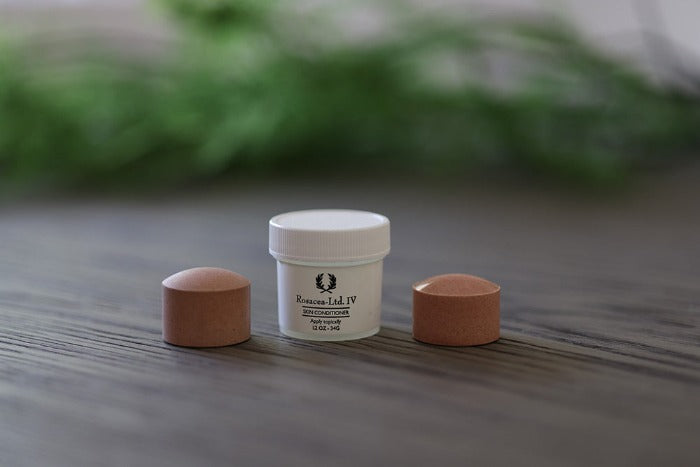
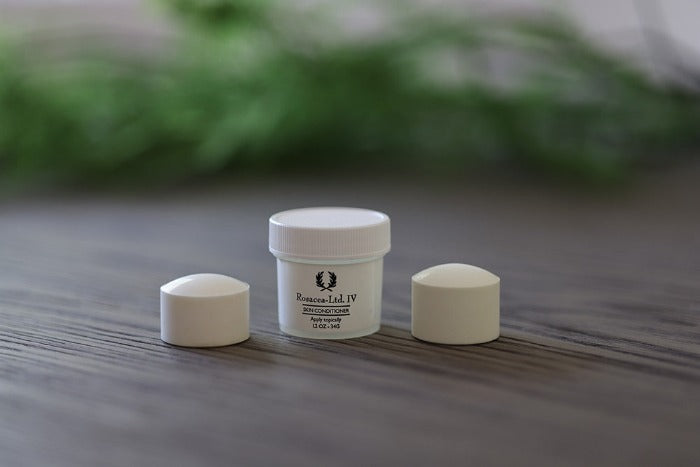
Rosacea-LTD
Rosacea-Ltd IV
